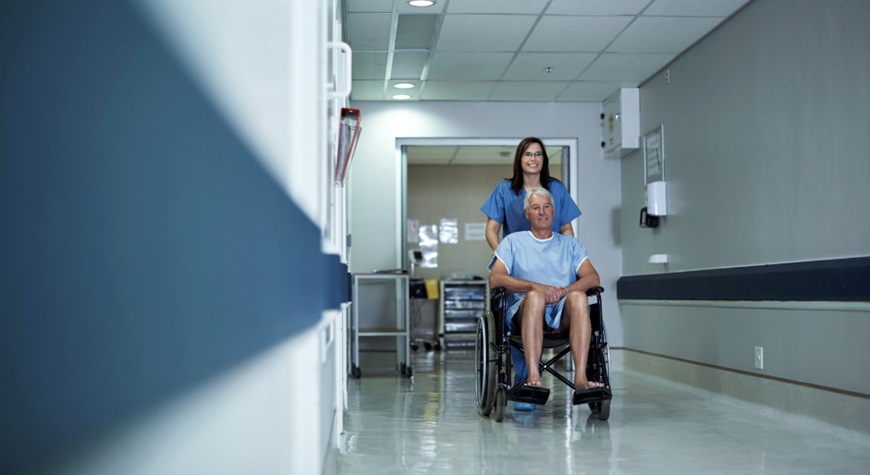
Weight loss surgery is a transformative procedure that can lead to significant health improvements and enhanced quality of life. Before embarking on this journey, many patients consider weight loss surgery in Tijuana for its combination of expertise, affordability, and advanced medical facilities. Understanding the recovery process is crucial to setting realistic expectations and ensuring the best possible outcomes.
The Immediate Post-Surgery Phase
The initial phase of recovery typically occurs in the hospital, where patients are monitored closely by medical professionals. This period usually lasts a few days, during which the focus is on managing pain and preventing complications. Patients are advised to begin moving as soon as they are able, as this promotes circulation and lowers the risk of blood clots.
Dietary Adjustments and Nutrition
Adjusting to a new dietary routine is a critical component of post-surgery recovery. Patients begin with a liquid diet, gradually transitioning to pureed foods and eventually solid foods over several weeks as their bodies heal. This progression is vital to ensure that the digestive system adapts to the changes safely and effectively.
Managing Physical Activity
Exercise plays a crucial role in the recovery process. But it should be approached with caution. Initially, patients are advised to engage in light activities such as walking, gradually increasing intensity and duration as their strength improves. Regular exercise not only supports weight loss but also significantly boosts overall physical and mental well-being.
Addressing Common Concerns
It’s normal for patients to have concerns about the recovery process. Many of these can be addressed by understanding the typical experiences and challenges faced during this time. Patients should feel comfortable discussing any queries during the weight loss surgery with their healthcare providers to ensure they are well informed and supported.
Emotional and Psychological Support
The emotional journey is as significant as the physical recovery. Patients frequently encounter a spectrum of emotions, ranging from excitement and relief to anxiety and frustration. Access to counseling and support groups can provide much-needed encouragement and help patients navigate the psychological aspects of their transformation.
Long-Term Lifestyle Changes
Successful weight loss surgery requires a commitment to long-term lifestyle changes. These include adhering to dietary guidelines, maintaining regular physical activity, and attending follow-up appointments to monitor progress.
Also read: Guide to weight loss surgery
Conclusion
Understanding what to expect during the recovery process is essential for anyone considering weight loss surgery. By preparing for the physical, dietary, and emotional changes, patients can enhance their recovery experience and achieve their health goals. With the right support and dedication, weight loss surgery can lead to a healthier and more fulfilling life.
Frequently Asked Questions
1. How long does the recovery process take after weight loss surgery?
Recovery time can vary depending on the individual and the type of surgery performed. Generally, patients can expect a recovery period of several weeks to a few months before resuming normal activities.
2. What dietary changes are required post-surgery?
Post-surgery, patients typically follow a phased dietary plan starting with liquids, then pureed foods, and eventually soft and regular foods. This helps the digestive system adjust safely.
3. How important is exercise in the recovery process?
Exercise is crucial for maintaining weight loss and improving overall health. It should be started gradually and increased over time, as advised by healthcare providers.







